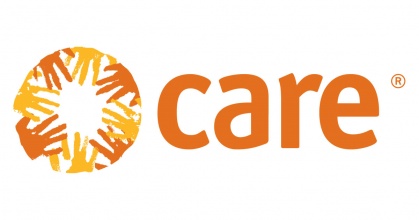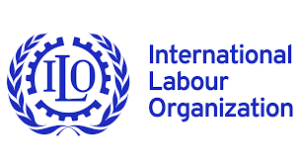Monitoring and Evaluation
We help our clients in monitoring and evaluating their activities and achieving their goals. We oversee and carry out large-scale monitoring, evaluation, and learning programs, as well as methodologies for evaluating advocacy and long-term policy change efforts.
Our team often uses a mixed-method approach to monitoring and evaluation, incorporating both quantitative and qualitative data points, as well as gap analyses and disaggregated data for gender and vulnerable groups, depending on project needs. Learning and evidence-based decision-making drive our services, which are helped by data visualization and communications tools.
We build data gathering methods that assure projects are meeting targets and monitoring their successes, starting with the construction of performance and results frameworks. Our clients rely on us to plan, implement, assess, and disseminate the findings of our research and evaluations in a timely manner so that they may convey their accomplishments and difficulties to important stakeholders.
Third-Party Monitoring (TPM)
Engaging a third-party monitor is an approach that donors are increasingly turning to as a supplement to other evaluations. By providing ongoing monitoring and verification of programme results, we can assist implementers in identifying ways to adapt and attain greater impact and achieve the expected outcomes. This, in turn, gives donors greater confidence in results and visibly demonstrates their commitment to adaptive programming, building the case for future funding.
Direct Impact leverages people, products, and field-tested systems to independently monitor projects in some of the most inaccessible and sensitive locations. Our independent monitoring and verification services give our partners confidence that reported results are reliable, ensuring that programs achieve the expected outcomes and are delivered to end users. From inception, through customized data collection tools, analysis, data-driven dashboards and reporting, Direct Impact provides our partners ground for management decisions and institutional learning.
Program and Project Evaluation
Direct Impact contributes to better development results by providing evaluation services to clients to build a strong evidence base for policy making and for learning. Independent, robust evaluation of programmes provides information about what works, what does not and why. This exercise contributes to improving the effectiveness of intervention and helps hold donors and partner country governments accountable for results.
We at Direct Impact follow the OECD-DAC six evaluation criteria – relevance, coherence, effectiveness, efficiency, impact and sustainability. Our team conducts evaluations that help our clients determine the merit or worth of an intervention (policy, strategy, programme, project or activity).
Impact Assessment
Impact assessment establishes whether the intervention had a welfare effect on individuals, households, and communities, and whether this effect can be attributed to the concerned intervention. Impact assessment serves both objectives of evaluation: lesson-learning and accountability.
Direct Impact contributes to informed decision-making on various projects to support social and economic development by conducting high-quality impact assessments that look at the positive and negative environmental, economic, social and health impacts of that projects.
Findings of impact assessments are used to learn lessons that inform decision-making. As part of the impact assessments, Direct Impact collects both quantitative and qualitative data to draw out richer lessons.
Our Clients
We have been proudly working with UN agencies, INGOs, local NGOs, public and private entities.








